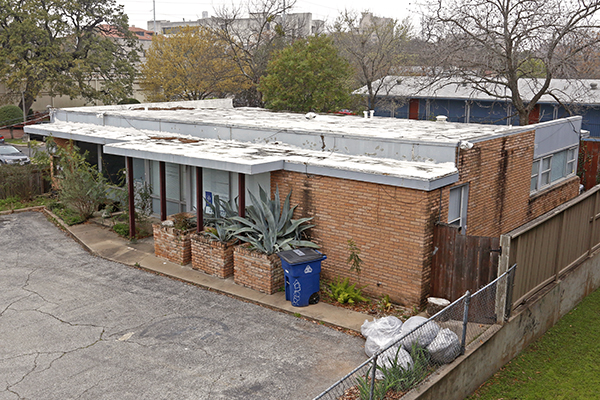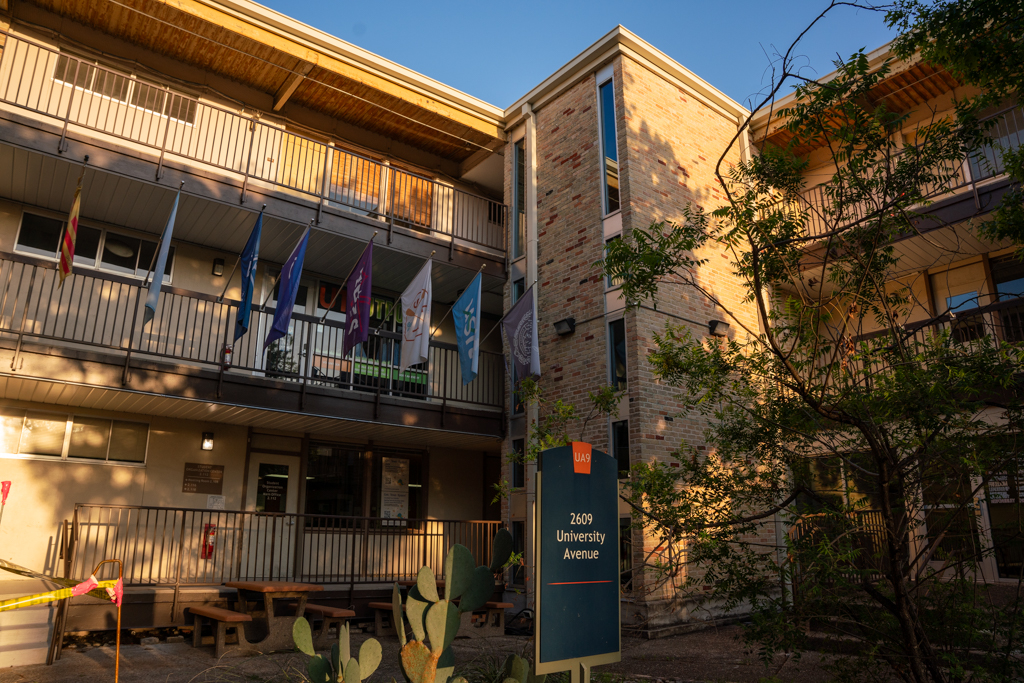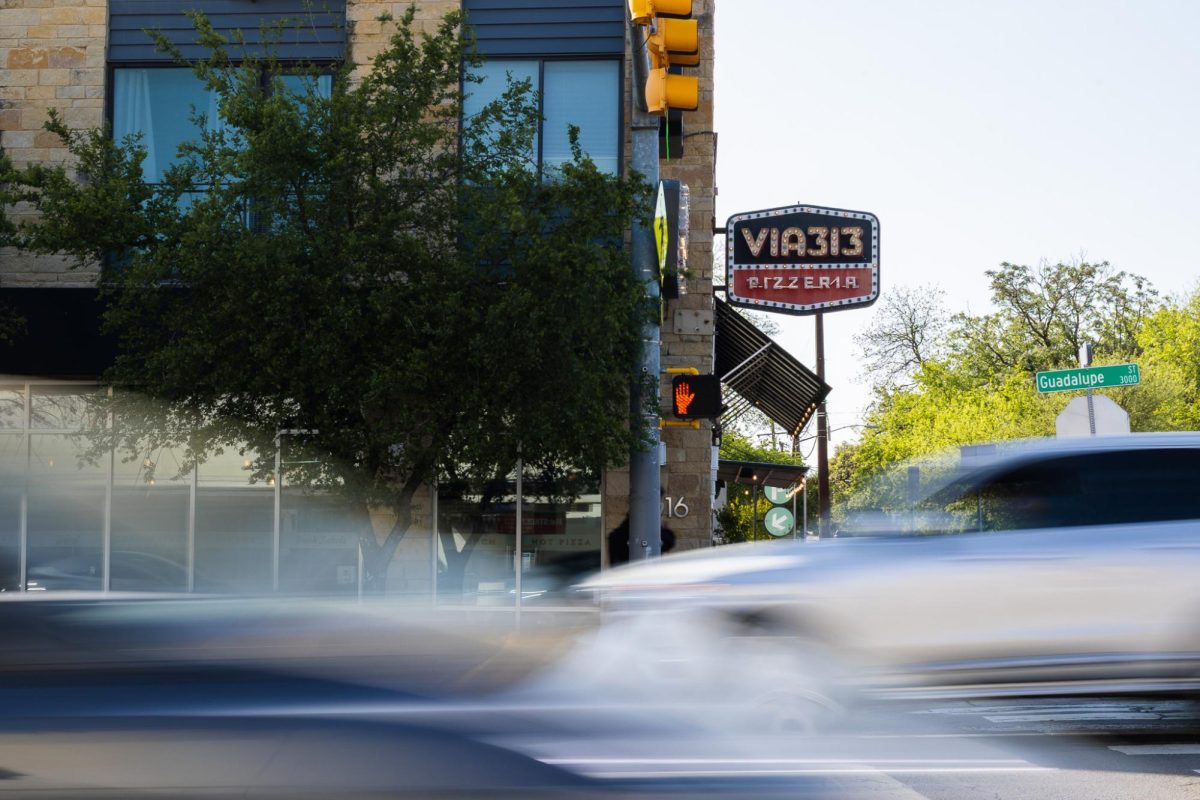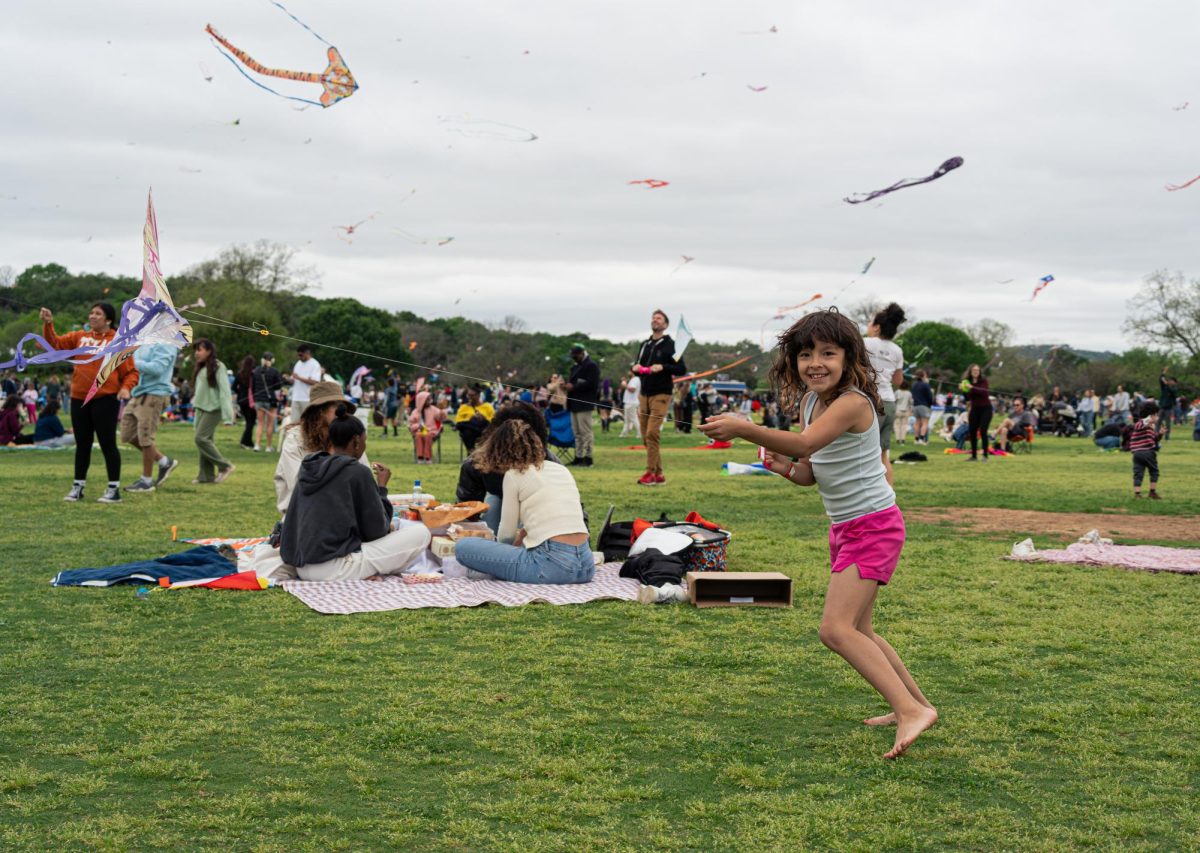Every time Tony Hernandez went to get STD testing by himself, he got nervous and his hands would sweat. Sometimes it even felt like he was about to receive a death sentence.
“But the Q made me feel (like) I wasn’t alone, regardless of the results,” said Hernandez, who graduated from UT last spring, in an email.
Last September, after five years of serving students and the LGBTQ community near UT, the Q Austin closed its facility on Medical Arts Street and Dean Keeton and moved to East Austin, more than three miles away from campus and next door to the two zip codes with the highest HIV incidence in the city. The Q, which is overseen by its parent organization AIDS Services of Austin, provided the University area with free HIV and STD testing, free condoms and educational services about sexual health on weekdays and some weekends.
The move followed several years of rent hikes from the landlord of the Medical Arts location and the loss of $135,000 in funding through Travis County to support HIV primary prevention services — funding that would make sure people do not contract HIV in the first place.
“It was definitely a shock for us,” said Alberto Barragan, AIDS Services of Austin’s director of health promotion. “As best as we could, we recovered and … we have been able to still do a lot with what we have.”
Hernandez, who went to the Q several times for testing, said its convenience and friendly staff made getting tested a much less stressful experience.
“I never tested positive, but I kept going to check my health as part of my routine,” Hernandez said. “I left feeling comfortable with myself.”
The Q still offers free testing for HIV, syphilis, chlamydia, gonorrhea and Hepatitis C at the Gender and Sexuality Center on campus every Tuesday from 10:30 a.m. to 2 p.m.
Last year, adjustments were made to how Ryan White funding, the primary federal support for HIV treatment and primary prevention, can be spent and only allowed money to be spent on helping people who already have HIV. Local jurisdictions such as cities and counties serve as arbitrators for handing out the federal money.
The combination of the funding loss — just under half of AIDS Services of Austin’s primary prevention support — and rent increases made running two locations for the Q unsustainable, and they had to lay off a member of their staff, Barragan said.
AIDS Services of Austin actually receives more total support now from Travis County for its other services. For the 2018 fiscal year, AIDS Services of Austin got $391,000 from the county and now receives $467,000. These services include non-medical case management — connecting people living with HIV to healthcare and ensuring they have housing and other basic needs — and the Helping Hands Food Bank.
However, none of that funding can be spent on primary prevention, which the Q location by UT focused almost exclusively on. The federal government now wants Ryan White funding to focus more on a different idea: treatment as prevention.
This area instead focuses on the approach that if HIV-positive people are fully treated, they will reach a level where the disease is undetectable and cannot be transmitted to another person, said Glenn Selfe, HIV Resources Administration Unit manager for Austin Public Health. However, even at the point of being undetectable, the person is never fully cured and must be actively taking the medication to treat the illness.
The City of Austin and Travis County do provide financial support for primary prevention, but it will not fully replace the funding AIDS Services of Austin lost.
Social work senior Eli Cortez, who worked with the Q last year, said it was upsetting to see the funding cuts, but nevertheless he feels that AIDS Services of Austin will still be able to help a lot of people.
“It was a big part of our funding that was being provided, so when it was cut we were really disillusioned,” Cortez said. “(Regardless), I appreciate that they have upheld the impact they provide to the community and are focusing on providing other resources.”





















